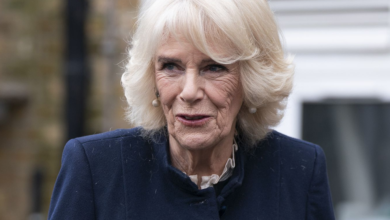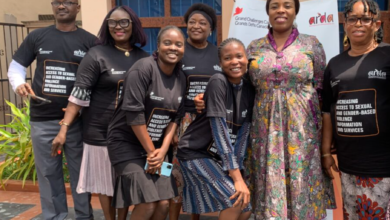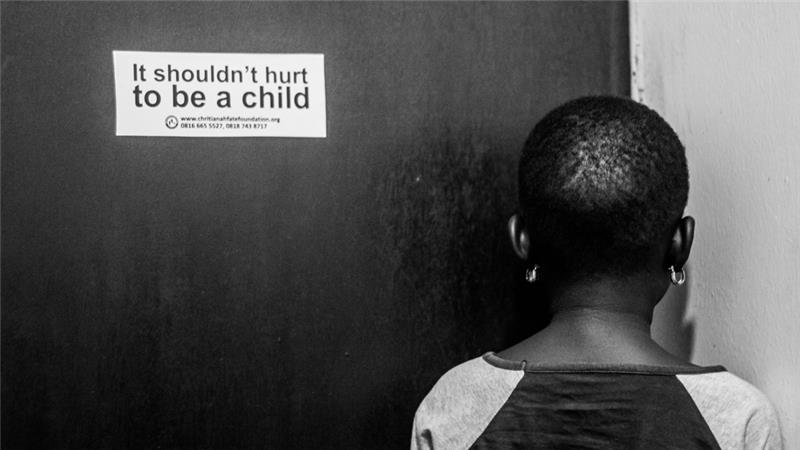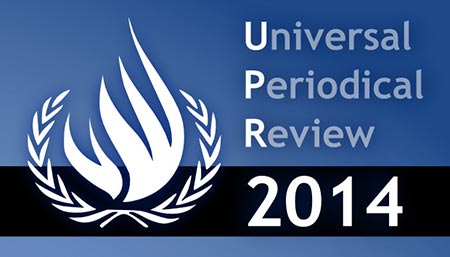New UPR Modalities For the Second Cycle

On 17 June 2011, the Human Rights Council (HRC) completed the review of its work and functioning by adopting decision A/HRC/DEC/17/119 on the Follow up to HRC Resolution A/HRC/RES/16/21 with regard to the Universal Periodic Review (UPR). Resolution 16/21, adopted on 25 March 2011, contained the new modalities for the functioning of the HRC but had left some issues pending in relation to the UPR.
This document presents the changes that the HRC Review brought to the UPR modalities for the second cycle:
- Length of the next cycles
The second and subsequent cycles will last 4.5 years (para. 3, resolution A/HRC/RES/16/21).
- Number of sessions per cycle
There will be 14 sessions per cycle (para. 3, resolution A/HRC/RES/16/21).
- Number of States per session
Only 14 States will be reviewed per session (part I, decision A/HRC/DEC/17/119).
- Duration of the review
Each review will last 3.5 hours. The State under Review (SuR) will be given 70 minutes and other States 140 minutes (part III, decision A/HRC/DEC/17/119).
- Order of review
The order of review will be exactly the same. As there will be only by 14 States reviewed per session, the two last States of session 1, Czech Republic and Argentina, will be moved to the beginning of session 2, the last four of session 2, France, Tonga, Romania and Mali, will be moved to the beginning of session 3, etc. (part I, A/HRC/DEC/17/119)…. read more

NGOs participation in the UPR
The Universal Periodic Review (UPR) is a state-driven exercise. However, despite the limited role during the interactive dialogue, Non-governmental organizations (NGOs) have many opportunities to take part and influence the UPR process.
NGO participation can take five main forms:
- Participate in the national consultations held by the State under Review;
- Send information on the human rights situation in the country;
- Lobby members of the Working Group;
- Take the floor at the Human Rights Council during the adoption of the report;
- Monitor and participate in the implementation by the State under Review of the UPR recommendations.
A timeline for NGOs participation can be found here



